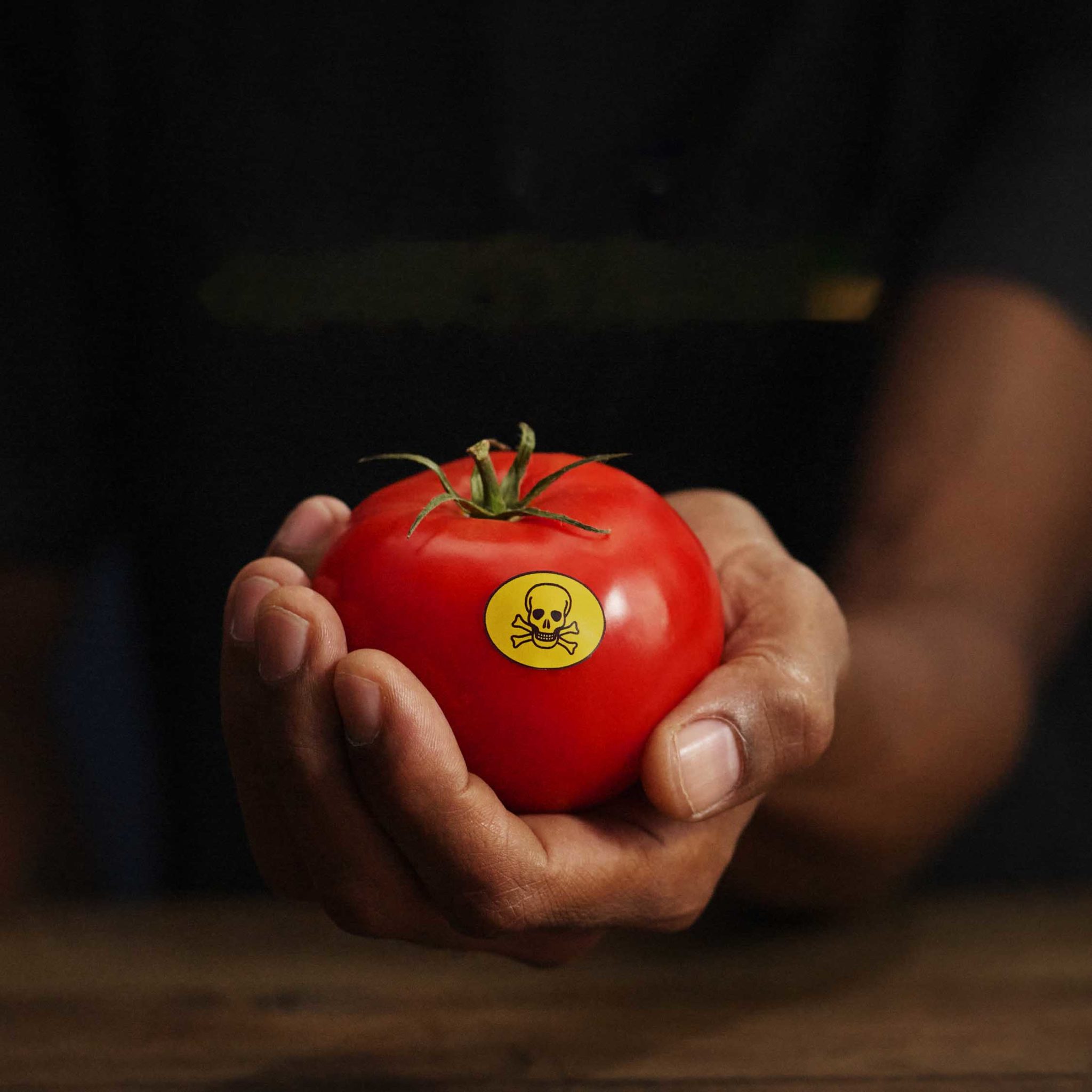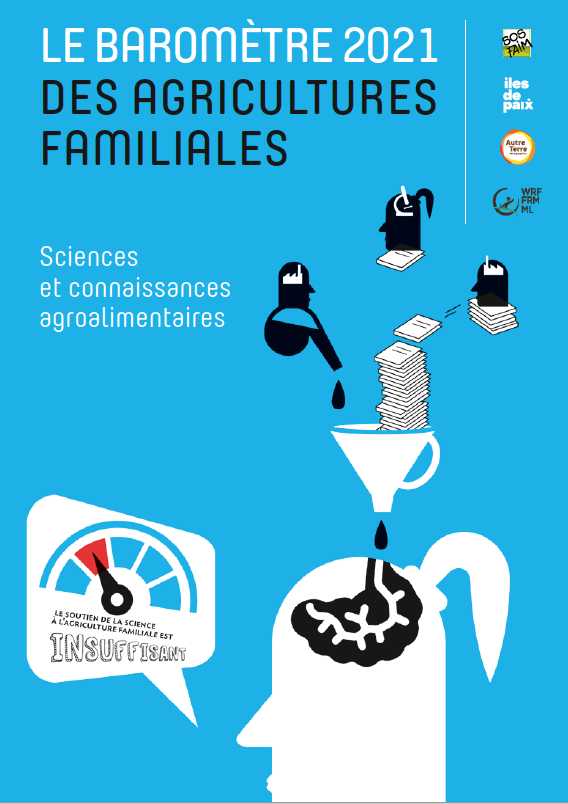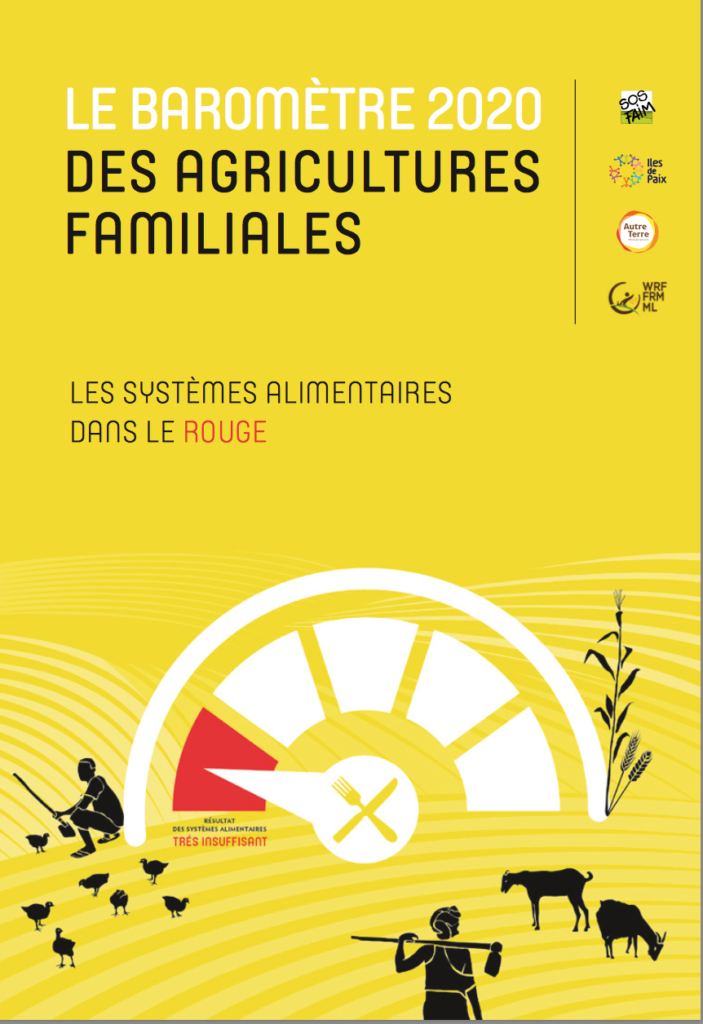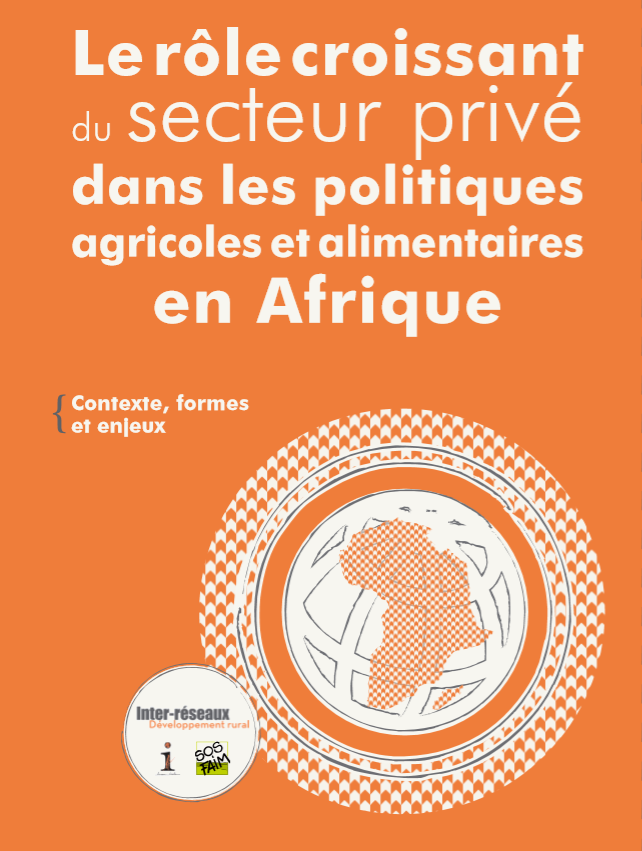
13 January 2025
Is Belgium backtracking on banned pesticide export?

Despite being a pioneer in the European Union, adopting one of the first and most comprehensive regulations to stop the export of pesticides banned in the EU, is Belgium now backtracking? There are clear signs that this is happening, and every delay in implementing what is clearly a coherent measure causes damage not only to third countries, but also to our reputation in the EU…
In June 2023, after more than 18 months of campaigning, the Stop Pesticides coalition, led by Humundi and made up of 7 international solidarity NGOs, shouted victory: the Royal Decree to stop the export of banned pesticides was adopted with an 18-month implementation period. This was a strong commitment by the Vivaldi government to act to prevent the social, environmental, and human consequences of such exports1.
With an average of almost 7,000 tonnes of active ingredients exported each year between 2013 and 2021, Belgium is by no means a small player in the EU. In recent years, it has even been one of the leading exporters of these pesticides. Its geography, port infrastructure and expertise in this field make Belgium a strategic location for the chemical industry, one of the flagships of the Belgian economy. In this context, however, it is important to remember one essential point: the active substances targeted by the export ban are old molecules, proven to be dangerous, and therefore banned from use in the EU. Perpetuating an industrial focus on these substances runs counter to a strategy of innovation2.
Belgium changes its tune
While the Climate and Environment Ministry and other ministries defended a measure that was in line with Belgium’s international commitments and would protect Belgian consumers and the environment, the Royal Decree was fiercely opposed by the phytopharmaceutical lobby Belplant3, using false and long-discredited claims of employment blackmail4. Initially opposed to the measure, the cabinet of the Federal Minister of Agriculture finally supported the adoption of this decree, making Belgium an example within the EU.
Today, the tide is turning against this emblematic measure. Evidence of this can be found in a letter sent on the initiative of Denmark, explicitly asking the European Commission’s Directorate-General for the Environment (DG ENV) to take proactive measures to stop these exports at EU level;5 to which7 EU countries have signed up…but not Belgium!
Why such a political U-turn after adopting a landmark measure, emblematic of industrial and ecological transition?
Deadlines, no matter what
Ministerial cabinets and political leaders tell us that Belgium’s lack of commitment reveals a real attempt to unravel the situation. The current federal negotiations are an opportunity to try to make concessions on sensitive issues. The Federal Minister of Agriculture, David Clarinval, seems to be trying to postpone the implementation of the Royal Decree, which is due to come into force on 28 May 2025. These negotiations threaten the implementation of the measure, but are a way of buying time…
Yet, during its presidency of the EU Council in the first half of 2024, Belgium pushed through some genuinely ambitious conclusions on the issue, “urging the Commission to keep a high level of ambition in the implementation of the Strategy [on chemicals]”, recalling “the Council conclusions on the “Sustainable Chemicals Strategy of the Union: Time to Deliver”6. Is Belgium about to abandon its own conclusions just six months after formulating them?
Will Belgium, for the sake of the interests of a few companies, contradict the scientific facts on the harmfulness of these pesticides, at the expense of the serious harm to populations of the Global South, to the environment and to the exposure of the Belgian population to residues of these banned pesticides? Finally, what signal is being sent to other Member States about the consistency of Belgium’s commitment to these issues?
We expect Belgium, the current government and the negotiators of the future federal government — in particular the Federal Ministers for Health and Development Cooperation, Frank Vandenbroucke, and for Agriculture, David Clarinval — to bring the process to a successful conclusion at the Belgian level, and to support an ambitious position at EU level.
8,000 Belgian petitioners supported this measure, and it is in their name and that of its partners in the Global South that Humundi and its Belgian and European allies are today reminding everyone of their commitments. Belgium is seen as an example to be followed in this field. Today, its credibility and reputation are at stake.




